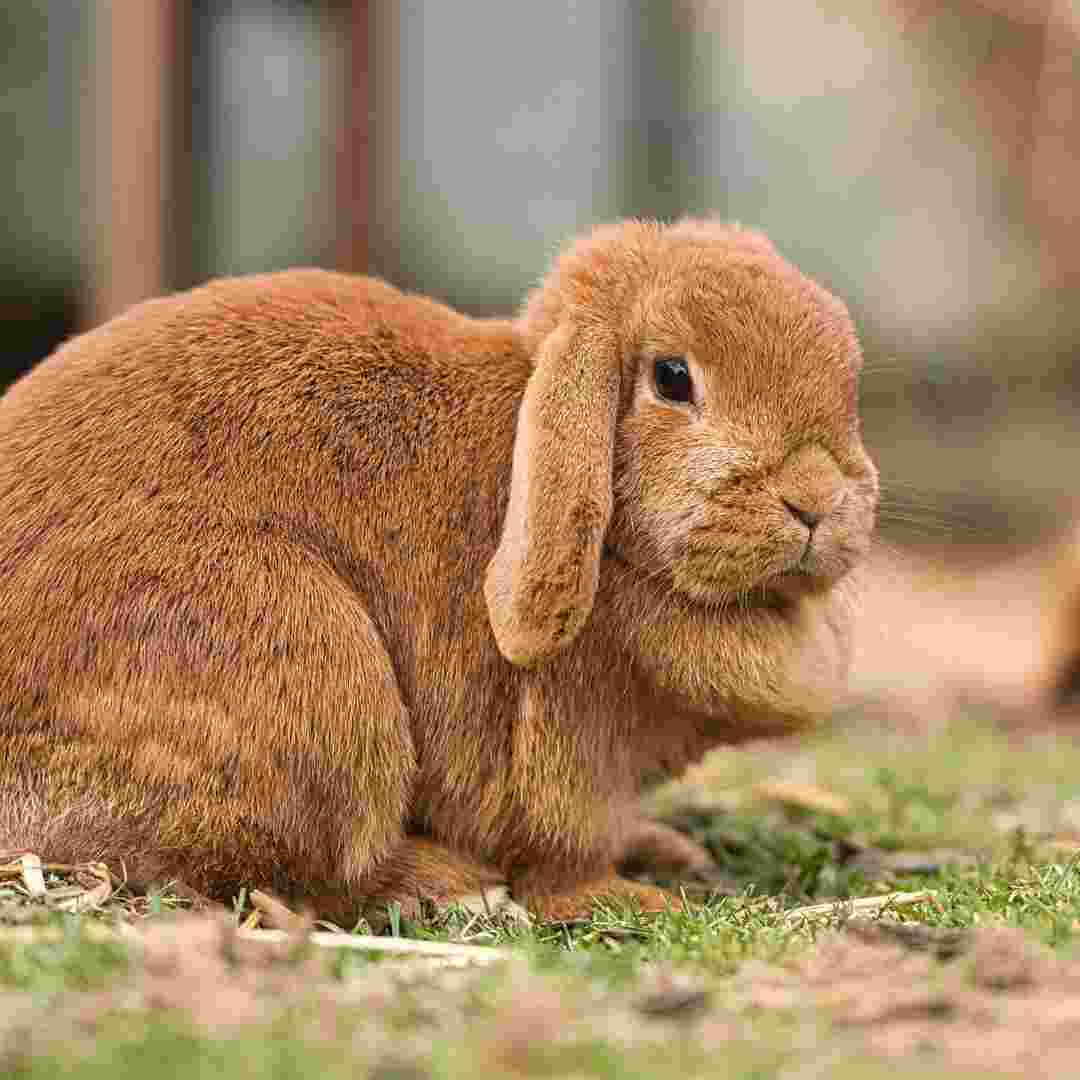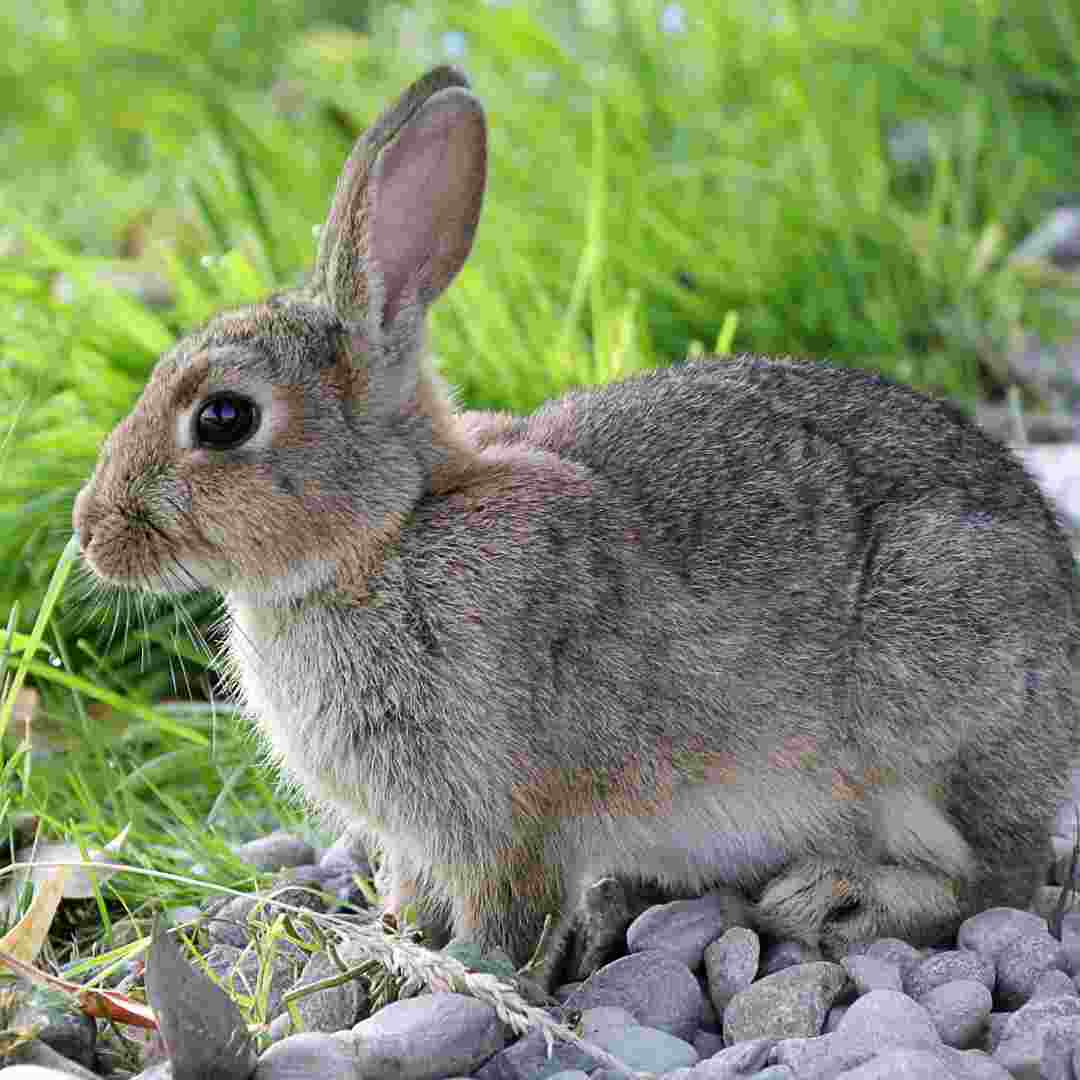Contents Table
Introduction
Neutering Your Rabbit Improves Health and Quality of Life
Expectations and Aftercare for Rabbit Neutering
Neutering Your Rabbit: Surgery and Recovery Preparation
Neutering Your Rabbit: Recovery Care
Understanding Rabbit Behaviour Changes After Neutering
Q&A
Conclusion
Introduction
The reproductive organs of a rabbit are surgically removed when neutered. Preventing unplanned pregnancies and diseases is the goal. Neutering rabbits reduces aggression and makes them easier to handle. As a sensitive surgery, neutering should only be done by a professionally trained veterinarian. The rabbit must be thoroughly examined for infection and other problems after the surgery. Spaying rabbits can be safe and useful with adequate care.
Neutering Your Rabbit Improves Health and Quality of Life
Rabbit neutering improves health and quality of life. Neutering a male or female rabbit removes its reproductive organs surgically, benefiting both the rabbit and its owner.
One of the main benefits of neutering is illness prevention. Unneutered male and female rabbits can develop testicular and uterine cancer, respectively. Neutering eliminates these hazards and extends your rabbit's life.
Neutering also reduces rabbit aggression. Fighting and territorial marking are common in unneutered male rabbits, which can stress both the rabbit and its owner. Neutering eliminates these behaviours, making your rabbit friendlier.
Neutering also reduces overpopulation. Unneutered rabbits reproduce swiftly, causing overpopulation. Neutering reduces unwanted bunnies and ensures all rabbits have a loving home.
Finally, neutering reduces rabbit care costs. Due of their susceptibility to diseases, unneutered rabbits need additional vet visits. Neutering removes these dangers and lowers rabbit care costs.
In conclusion, neutering your rabbit is essential for its health and well-being. Neutering reduces the danger of certain diseases, aggressive behaviour, overcrowding, and rabbit care costs. We recommend neutering your rabbit if you want a pet.
Expectations and Aftercare for Rabbit Neutering
Responsible pet ownership includes rabbit neutering. It is vital to know what to expect during and after the rabbit reproductive organ removal surgery.
During Procedure
Your rabbit will have a physical exam and pre-anesthetic blood work to ensure their wellness. To make the process painless, your rabbit will be anaesthetized.
The treatment usually takes 30 minutes. Rabbit reproductive organs are removed during the surgery. The rabbit will be followed until they are awake and alert after sutures close the incision.
After Procedure
Your rabbit will be observed until awake and aware after the surgery. The pain will be treated with medicines.
Your bunny needs a peaceful, warm, and stress-free environment for the next few days. They should not leap or run because it could open the incision.
While recovering from surgery, rabbits may be more aggressive, so keep them away from other animals.
Cleaning and drying the incision is crucial. Redness, swelling, and discharge could indicate infection, so examine the incision site often.
Your rabbit should recover in a few days. However, you should monitor them and contact your vet if you observe any infection or unusual behaviour in your rabbit.
Responsible pet ownership includes rabbit neutering. Understand what to expect during and after the procedure to guarantee your rabbit's safe and successful recovery.
Neutering Your Rabbit: Surgery and Recovery Preparation
Rabbit neutering is essential for their health. Preparing for the surgery and recovery of rabbit reproductive organ removal is crucial. Prepare your rabbit for surgery and recovery with this article.
Before Surgery
Ensure your rabbit is healthy and ready for surgery. Take your rabbit to the vet for a checkup and procedure discussion. The vet can recommend a plan of action and administer immunisations.
Your rabbit should be well-fed and hydrated before surgery. Give them a good food and lots of water.
During surgery
General anaesthesia will be given to your rabbit during operation. This will keep them calm during the surgery. The vet will next remove the reproductive organs through an abdominal incision. After suturing, the incision will be cleansed and wrapped.
After Surgery
After surgery, your rabbit needs a relaxing atmosphere. Keep them in a calm place with nice bedding. Check their food and water consumption and make sure they eat and drink regularly.
The incision area should also be clean and dry. Check the region for infection and discomfort periodically. Call your vet immediately if you see redness, swelling, or discharge.
Recovery
After a few weeks, your rabbit should recover. Maintain a stress-free atmosphere and check their food and drink intake throughout this period. Additionally, clean and dry the incision area.
Remember to keep your rabbit apart from other animals during rehabilitation. This will limit infection risk and promote a healthy recovery.
Conclusion
Rabbit neutering is essential for their health. This page helps you prepare for surgery and recovery. You may help your rabbit recover and live long by following these tips.
Neutering Your Rabbit: Recovery Care
Responsible pet ownership includes rabbit neutering. It reduces health risks and controls rabbit populations. The technique is simple, but you must take the essential steps to help your rabbit recuperate.
Before Procedure
Make sure your rabbit is healthy before the operation. Bring them to the vet for a checkup and update their vaccines. Make sure your rabbit is nourished and hydrated before the surgery.
During Procedure
Under general anaesthesia, your rabbit will undergo the surgery. They will be unconscious and painless. The operation should take 15 minutes.
After Procedure
After surgery, your rabbit will need close supervision. Maintaining a warm, calm environment and providing fresh water and hay is crucial. While healing, they may be more sensitive to noise and movement, so keep them apart from other animals.
You should also watch your rabbit's diet and drinks. Contact your vet immediately if they are not eating or drinking.
Finally, monitor your rabbit's incision. Call your vet immediately if you experience redness, swelling, or discharge.
You can help your rabbit heal by following these tips. Responsible pet ownership includes neutering your rabbit and following the required steps to recover, which can help them stay healthy and happy for years.
Understanding Rabbit Behaviour Changes After Neutering
Responsible pet ownership includes rabbit neutering. It can avoid undesired litters and reduce health risks. However, neutering your rabbit may modify its behaviour.
Neutering your bunny reduces territoriality. Because neutering lowers testosterone, violent behaviour may diminish. Neutered rabbits may also mark their territory less.
Neutering can also lower rabbit sexuality. Mounting, humping, and other sexual behaviours are examples. Neutering can also lessen your rabbit's mate search.
Neutering can help lessen rabbit digging. Neutering decreases hormones that encourage digging. Neutered rabbits may chew less furniture and other items.
Finally, neutering reduces rabbit vocalisation. The hormones that produce vocalisation are reduced by neutering. Neutered rabbits may fight less.
Remember that neutering your rabbit may modify its behaviour. However, these modifications can benefit you and your rabbit. Neutering can avoid undesired litters and lessen health risks. To make sure neutering is right for your rabbit, talk to your vet.

Q&A
1. What's neutering?
Neutering, or castration, removes a male rabbit's testicles.
2. What are rabbit neutering benefits?
Neutering rabbits reduces aggressiveness, territorial marking, and cancer risk. It can also curb overpopulation and undesired pregnancies.
3. What are the hazards of rabbit neutering?
Neutering a rabbit can cause infection, bleeding, and suffering. You must make sure the rabbit is healthy before the surgery.
4. How long does neutering recovery take for rabbits?
Rabbits recover from neutering in two weeks. During this time, keep the rabbit in a peaceful, stress-free environment and watch for signs of discomfort.
5. Is rabbit neutering costly?
Neutering a rabbit costs varies by veterinarian and method. The average cost is $50–100.
Conclusion
Health and behaviour can improve after rabbit neutering. Reproductive tumours, aggressiveness, and roaming can be reduced. Neutering also reduces unwanted bunnies. The rabbit and its owner can benefit from neutering.
